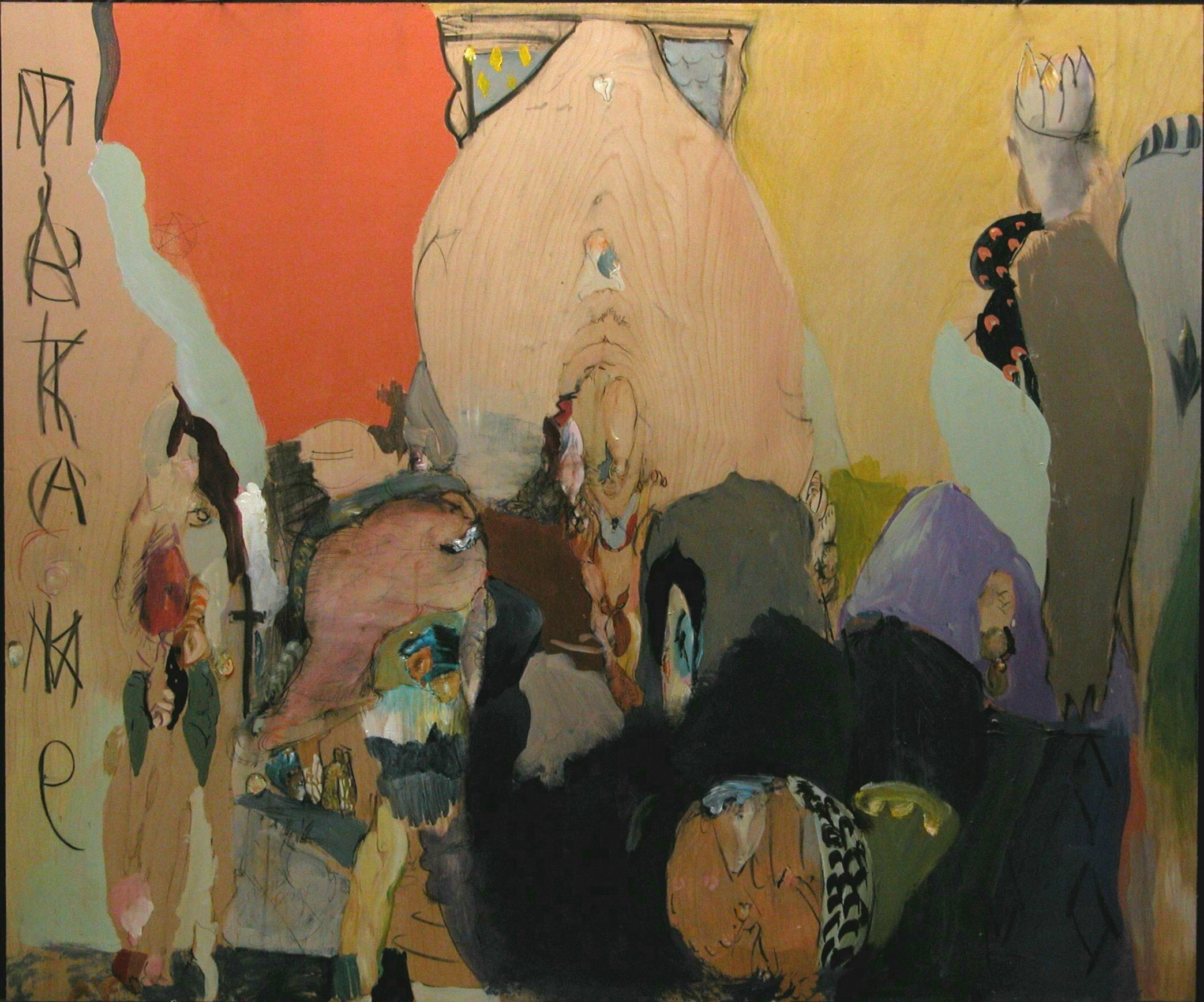
The March 8 international women’s strike has come together in response to the extreme violence with which we are confronted today. It has come together to call for a feminist practice adequate to this historical need: indeed, to call for a feminist international.
Organizers in New York, across the country, and around the world are following the Argentinian coalition Ni Una Menos in acknowledging that violence against women has many facets. It is domestic violence, but also the violence of the workplace and of debt; the violence of state sanctioned racism and xenophobia; of homo- and transphobia; the violent criminalization of migratory movements. It is the violence of incarceration and deportation; violence against the earth; violence against native women and their struggles; and institutional violence against women’s bodies through lack of access to free abortions, healthcare and childcare. It is violence against our very means of social reproduction: against the relations that form the conditions of our lives and our freedom.
This threat to the reproduction of our material and social existence changes our perspective on the problems we confront. It forces us to understand and interrogate the relation between institutional and domestic violence, between productive and “unproductive” labor, between our bodily autonomy and our collective capacity to struggle, between the violence of capital and the state and existing hierarchies amongst women.
In order to confront these myriad forms of socially connected violence, our struggles must be connected as well. This means that we cannot build a genuinely radical or transformative feminist practice that ignores or downplays structural racism, the legacies of colonialism, homo- and transphobia, or the extreme inequalities and environmental devastation generated by global capitalism.
Our social conditions place demands upon our struggles. They force us to change what it means to strike, requiring that such a practice orient itself to structures of care, to sex and domestic work, to global chains of capitalist, state, and intimate violence. A feminist practice adequate to our times can only be an anti-capitalist feminism. It can only be a feminism by and for working class and unwaged women, women of color, immigrant women, indigenous women, Muslim women, queer and trans women, sex workers, domestic and care workers, and mothers.
The stakes are high. I would like to ask, then: what is a feminist practice adequate to the task of responding to this historical need?
We hope it will begin to emerge on the streets on March 8. In New York, our march will not stop at City Hall, but at an immigrant detention center, at the African Burial Ground, at the Triangle Shirtwaist Factory where immigrant women workers burned at the stake of capital over one hundred years ago. It will stop at Stonewall and at Zuccotti Park. We hope that bringing our strike to these sites will reveal lines of connection and solidarity not visible before.
In New York and around the country the strike has brought together collectives of women who have struggled for years against police violence, prisons, deportation, gentrification, and imperialism; it has brought together women who are obliged to care for free and who are obliged to care by capital. Here and around the world radicals of many persuasions are mobilizing a diversity of tactics to protect each other from such things and to bring visibility to our struggles and their relation to each other.
But this is just the beginning. A truly transformative feminism requires us to constitute affinities, but also to draw lines and cut ties. It requires us to revalue as political the sites of our reproduction and the reproduction of our struggles. It requires new forms of collective practice, but also that we politically reconstitute the feminized and racialized practices of care, of harboring, of collective solidarity and affective response that have been rendered invisible by our own political formations, yet which have kept these struggles alive. It requires us to recognize that the formation of struggle and the production of knowledge and vision are inseparable.
A feminism adequate to our times requires a militancy that speaks to these things: a militancy that emerges from the conditions of our social reproduction and not from the tired impasses of macho politics. We must bring our militancy to care, to sex, to the border, the bathroom, and the barricade.
Such a feminism must stand with the water protectors of Standing Rock; with the queer women of color around the country who galvanized the struggle against killer racist cops; with teachers and mothers rising across this continent and around the world; with Palestine; with feminist cultures of resistance from Kurdistan to Poland and many other places known and unknown. It must stand with the mothers, sisters, witches, whores and lovers who against all odds have tended to the traditions of the oppressed; and with the women whose labor holds this world together and who thus have the capacity to shut it down.
We are in the midst of re-creating ourselves as political subjects, potentially as revolutionary ones. This requires collectively situating ourselves in relation to a moment of danger and possibility. In this moment, we thus strike not only as “paro,” but, in the words of Ni Una Menos, we strike “[b]ecause freedom implies definitively dismantling the patriarchy.” This kind of dismantling cannot happen without radically transforming both our consciousness and our social being. Today we strike at the roots of our oppression to make room for this possibility.
The spirit of this piece was conceived collectively.
 Viewpoint Magazine
Viewpoint Magazine